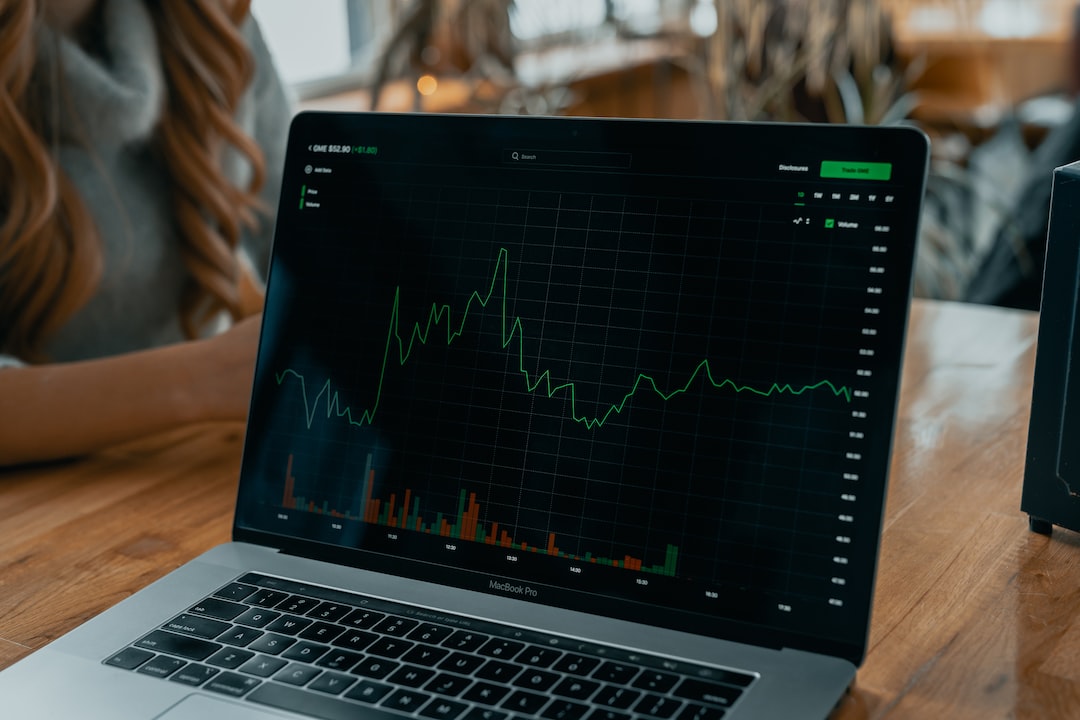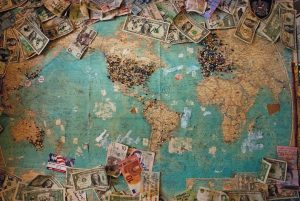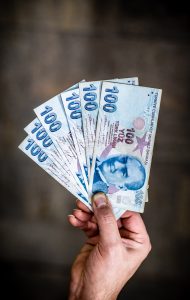When one engages in the foreign exchange market, also known as forex, it is important to understand that losing money is a possibility. In fact, it is estimated that 70-80% of retail forex traders lose money. But when a trader loses money on forex, where does that money go?
The answer to this question is not as straightforward as one may think. Unlike traditional markets such as stocks or commodities, the forex market is decentralized and operates over-the-counter (OTC). This means that there is no central exchange where all trades take place. Instead, forex traders buy and sell currencies electronically through a network of banks, financial institutions, and individual traders.
When a forex trader loses money, it is important to note that the money is not necessarily going to another trader or entity. Rather, the money is going to the market itself. In other words, when a trader loses money, it is essentially being absorbed by the forex market.
To understand this concept further, it is important to understand how forex trading works. Forex traders make money by buying currencies at a lower price and selling them at a higher price. For example, if a trader buys the EUR/USD currency pair at 1.2000 and sells it at 1.2100, they have made a profit of 100 pips (percentage in point).
Conversely, if a trader buys the EUR/USD currency pair at 1.2100 and sells it at 1.2000, they have lost 100 pips. The difference between the price at which the trader bought the currency and the price at which they sold it is known as the spread. This spread represents the commission that brokers charge for facilitating the trade.
When a trader loses money on forex, the money is essentially going to cover the spread and other transaction costs such as slippage (the difference between the expected price and the actual price at which a trade is executed). In other words, the money is going to the brokers, banks, and financial institutions that facilitate the trades.
It is important to note that the forex market is not a zero-sum game. Unlike traditional markets where there is a winner and a loser, the forex market is a speculative market where traders are betting on the future price movements of a currency pair. This means that when one trader makes a profit, it does not necessarily mean that another trader has to lose money.
Furthermore, the forex market is influenced by a multitude of factors such as economic data releases, geopolitical events, and central bank policies. These factors can cause sudden and unexpected price movements, which can lead to losses for traders.
In conclusion, when a forex trader loses money, the money is not necessarily going to another trader or entity. Rather, the money is going to cover the spread and other transaction costs and is essentially being absorbed by the forex market. It is important for traders to understand the risks involved in forex trading and to have a solid understanding of the market before engaging in trading activities.





